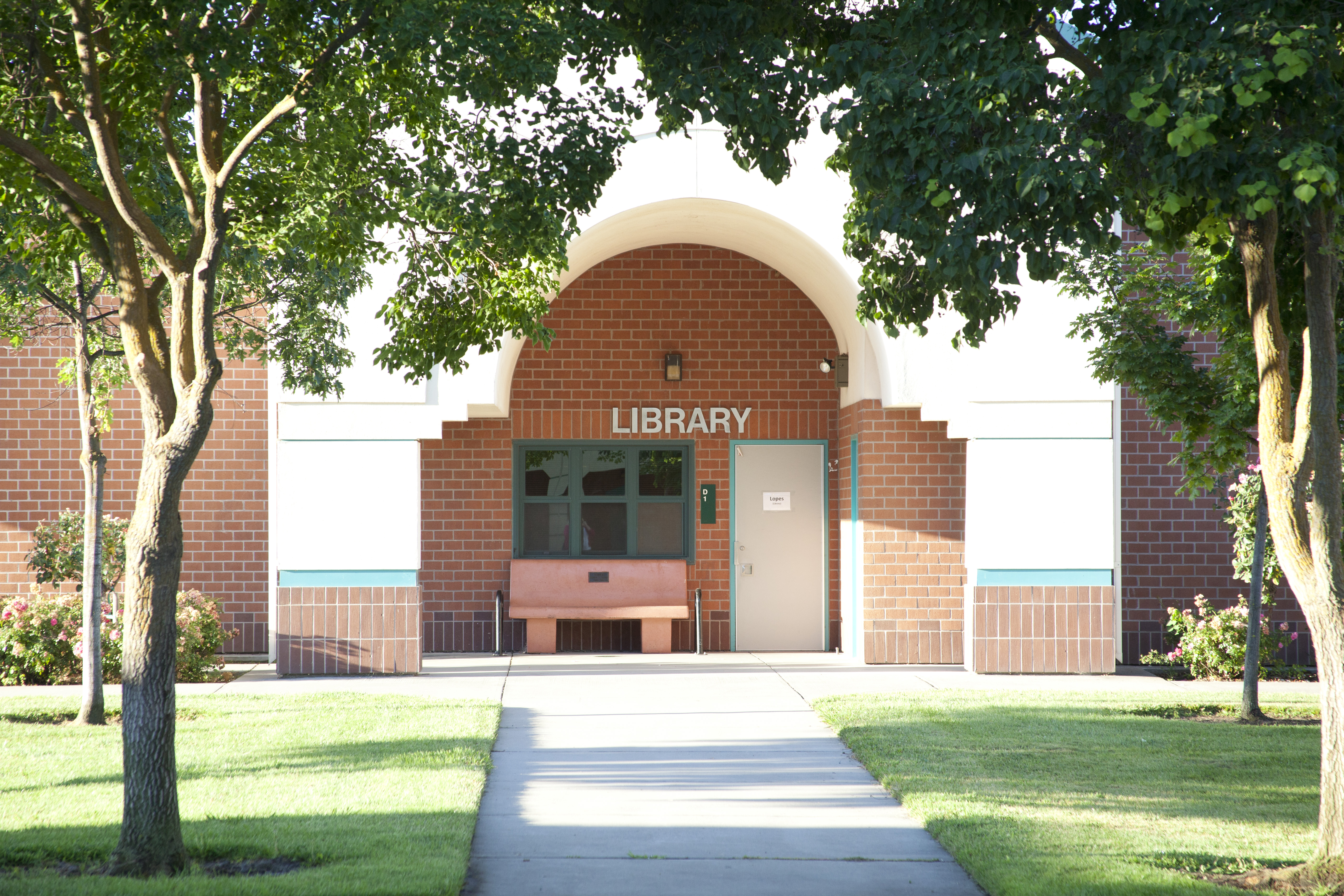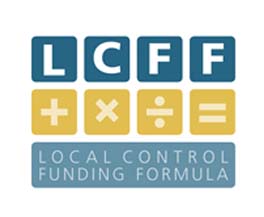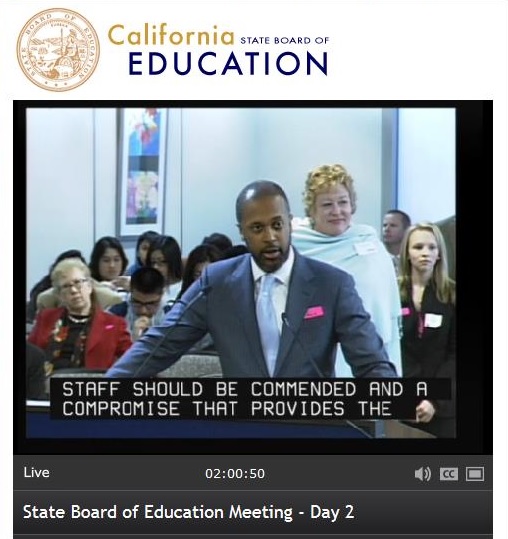For keen observers of education policy and political junkies, last week’s State Board of Education Meeting was everything we hoped for. While there were only about half the number of speakers signed up to testify as there were for last January’s dynamic meeting, board members, superintendents, community advocates, parents, and busses full of students all came together in Sacramento to have their say on the Local Control Funding Formula.
Category: Funding & Finance
Funding & Finance
Bill to improve funding for school facilities passes key committee
Legislative action to authorize a new state school facilities bond for the November 2014 ballot passed the Assembly Education Committee April 9. Assembly Bill 2235, Buchanan, D-Alamo, would set before voters the Kindergarten-University Public Education Facilities Bond Act of 2014 which would provide funding—in an amount currently unspecified—for new school construction.
Counting low-income students for LCFF: CSBA and school meal advocates seek to reconcile state, federal methods
CSBA is striving to find a resolution that will ensure hungry students are fed and that participation in school meal programs continues, while also ensuring LCFF funding and accountability provisions are met.
State Board adopts LCFF and LCAP regs, initiates permanent process
One hundred and sixty governance teams from across the state converged in Sacramento Jan. 16 to tell their stories and comment on the Local Control and Accountability Plan template and Local Control Funding Formula regulations.
Governor’s budget proposal boosts base spending, allocations for LCFF
Gov. Jerry Brown presented his 2014-15 budget proposal on Thursday, Jan. 9. The governor’s word of the day was prudence. His budget proposal continues a focus on paying down the state wall of debt. That being said, the budget does provide a Proposition 98 level of spending that is more than $6 billion above the enacted 2013-14 level. Total Prop 98 spending comes to $61 billion—this is about $5 billion more than the level of Prop 98 in 2008-09. Under the governor’s proposal, per-pupil funding from all sources comes to $9,194 in Prop 98 funds and $12,833 when all funds are considered, including federal money.
Prelude to a Budget: Assembly Democrats release their 2014-15 budget priorities
The Assembly Democrats released an outline of a 2014-15-budget proposal called “Blueprint for a Responsible Budget” on Dec. 11, just a month before the Gov. Jerry Brown is to release his budget proposal. The outline is organized around two themes: Ensuring Stability and Expanding Opportunity. It does not contain specific expenditures or funding levels; the proposals are to serve as guideposts throughout the budget process and will be updated and refined as additional fiscal information becomes available.
Students display their power—and prowess—at the State Board’s November meeting
Several dozen students traveled to Sacramento with the California Association of Student Councils (CASC) to spend a few days researching and debating education policy and eventually designing policy recommendations to be presented to the SBE. Not only did the presenters have an impressive grasp of the latest academic research, they skillfully spun the research into actionable proposals that could work in the real world.
Grant Watch: $700 million in grant funds available for student success
For 34 years CSBA’s Golden Bell Awards program has identified quality best practices focused on student success. The larger education grant funding world has taken notice. Golden Bell Award winners, like Corona Norco, have gone on to win national recognition. Remember, funders are interested in a track record of success and view their funds as investments in innovative but tried and true methods with a verifiable track record. In future editions of Grant Watch I’d like to share with you some proven methods for securing grant funds to amplify your resources to support your mission of student success for all.
How will the federal government shutdown affect California schools?
The following is the most recent information on the impact of the federal shutdown on education. Just after midnight, the Office of Management and Budget sent out a memorandum to heads of departments and agencies instructing those organizations to begin shutdown procedures. Last Friday, a memorandum from the U.S. Department of Education was sent out describing the agency’s plan of operation in the event of a shutdown.
Does common core = common curriculum?
A recent Education Week article quoted excerpts of a speech delivered by U.S. Department of Education Secretary Arne Duncan to the American Society of News Editors in which he defended the Common Core State Standards (CCSS). Duncan stated that those opposed to Common Core believe that the standards and tests will lead “to mind control, robots, and biometric brain mapping.” That may sound extreme, but it is not surprising. There has been a growing resistance to CCSS.










